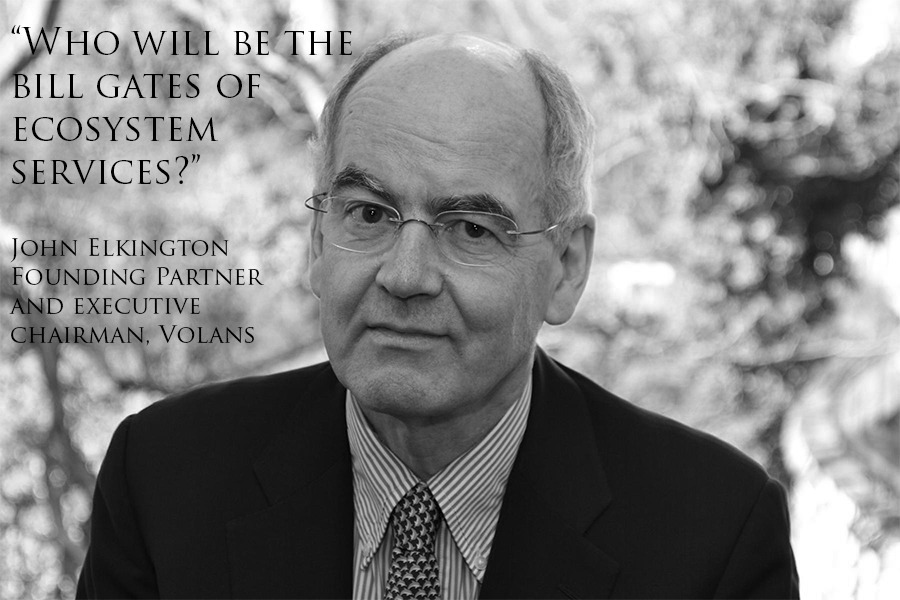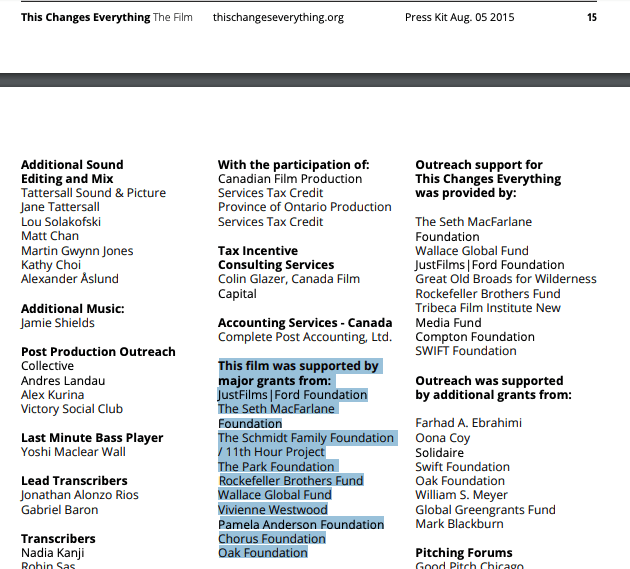YES LOGO | The McKibben-Klein Doctrine
Sept 6, 2013
WKOG admin: This is an excerpt from the investigative report Keystone XL: The Art of NGO Discourse – Part II, by Cory Morningstar. (Originally published by Counter punch, June 4, 2013.)
We republish this excerpt today in response to Klein’s article Green groups may be more damaging than climate change deniers published Sept 5, 2013 by Salon. It is a welcome criticism of “big greens,” albeit ironic, coming from a woman who sits on the Board of Directors of one of the most powerful social engineering NGOs of all, 350.org/1Sky. Klein wants us to believe in her and more importantly, to believe in 350.org/1Sky. The irony is pushed further as Klein, who endlessly jets around the planet spewing carbon high in the atmosphere, claims the “other” corporate foundation-fed “greens” (“It’s not 350.org, because it didn’t even exist yet.”) are “irrelevant” when the REAL pipeline is already completed (the focus of 350.org being the Stop the KXL campaign) and all that’s left is the unnecessary Phase 4 that Obama will cancel to bleatings of “victory” from Klein and her ilk.
“It is sad, and to be blunt, tragic, to witness a woman of Klein’s ability, pretend to be so utterly unaware of her own surroundings.”In the meantime, the growth in oil via rail continues to skyrocket and pipeline projects are booming. One can safely assume that both Obama and Buffett are ecstatic. Working for Warren has never been so eagerly embraced by the environmental movement. As 350.org/1Sky remain silent on Obama’s fracking adventure, they are publicly, albeit quietly, endorsing biofuels via the “Flying Clean” campaign. No word yet on the root causes of climate change (the industrialized capitalist economic system), the necessity to eradicate militarism (as 350.org board members beat the drums of war), or even what must be achieved before the planet can even begin to cool – virtual zero emissions. The future will show that 350.org, with Avaaz and a handful of other key NGOs, will be in the vital, leading role of ensuring that the illusory green economy is palatable to, and ultimately embraced by, the masses. One need look no further than the 350.org Board of Directors, International Advisory Council, U.S. Advisory Council, financiers and the history of 1Sky creators to see where this is going. It’s really not rocket science.
It appears that Klein wants to have her cake and eat it, too. Klein presents herself, and her 350.org/1Sky NGO, as a new kind of brand – a radical RINGO. (Judith Rodin, President of the Rockefeller Foundation, spoke March 19, 2010 at Innovative Philanthropy for the 21st Century: Harnessing the Power of Impact Investing: “In this second phase of philanthropic innovation, our Rockefeller Foundation predecessors helped establish the non-governmental organization sector as the ‘missing middle’ between giving and direct impact. This included support for entities – we call them RINGOS, Rockefeller Foundation Initiated NGOs.”)
It is sad, and to be blunt, tragic, to witness a woman of Klein’s ability, pretend to be so utterly unaware of her own surroundings.
Writer/playright Donnchadh Mac an Ghoill documents how the left loves to be seduced and that “[A] seduced person, a person who is loving the thrill of being seduced, no longer has any use for truth or facts.”
As of today, Donnchadh Mac an Ghoill appears to be correct. As for the future, time will tell.
And speaking of No Logos, 350’s “forward on climate” logo is a mere retouching of Obama’s as the excerpt below elaborates on.
YES LOGO | The McKibben-Klein Doctrine
Above: 350.org DC rally signs (far right and bottom two) clearly promote the powerful Obama brand. Above left: MoveOn.org (founder of Avaaz), front group for the Democratic Party. Image to right of MoveOn.org poster: 350.org “Forward on Climate” poster/logo. Top image: Obama 2012 campaign poster/logo.
“Together, the team has marshalled every tool in the modern marketing arsenal to create and sustain the Obama brand: the perfectly calibrated logo (sunrise over stars and stripes).” — Naomi Klein, author of No Logo (10th Anniversary Edition). Klein now sits on the board of directors of Rockefellers’ 1Sky/350.org
“… A lot of times when he’s at a podium what you’ll see is, centered right beneath him, at the very top of the blue field that usually says something like ‘Change You Can Believe In,’ it’ll be just that little symbol, functioning in the same way the Nike swoosh does. People look at that and know what it means, even though it’s just an ‘O’ with some stripes in it…. The thing that sort of flabbergasts me as a professional graphic designer is that, somewhere along the way, they decided that all their graphics would basically be done in the same typeface…. If you look at one of his rallies, every single non-handmade sign is in that font. Every time you look, all those signs are perfect. Graphic designers like me don’t understand how it’s happening. It’s unprecedented and inconceivable to us. The people in the know are flabbergasted.” — Expertinent: Why the Obama “Brand” Is Working, Feb 27, 2008
“Attitude” branding is essentially defined by the ability to elicit/represent/instill a larger, more powerful feeling on an emotional, subconscious level. It need not be connected with the product or the consumption of the product whatsoever. At a deeper level, attitude branding drills into the consumer psychology of (“attitude”) choice –as much as the term “choice” is applicable in the 21st century of accelerating social engineering. The brand “Obama” does not represent nor sell a president, rather it embodies an emotional chimera of “hope” and “change” that we can choose to believe in. One could quite safely describe attitude branding as a very sophisticated and calculated method of indoctrination, perhaps one of the highest (and most subtle) forms of psychological manipulation/brainwashing.Corporations excelling in “attitude” branding include Apple and Nike, to name two. Branding a person is not fundamentally different from branding a product. In 2008, Obama-the-brand beat out the aforementioned Apple and Nike, capturing first place for Advertising Age’s marketer of the year. →










































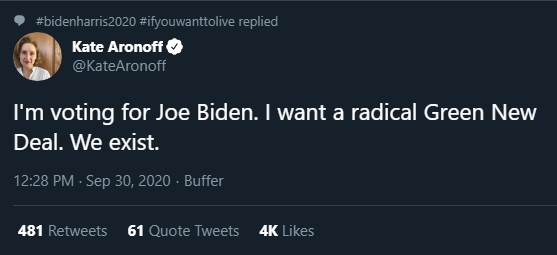



































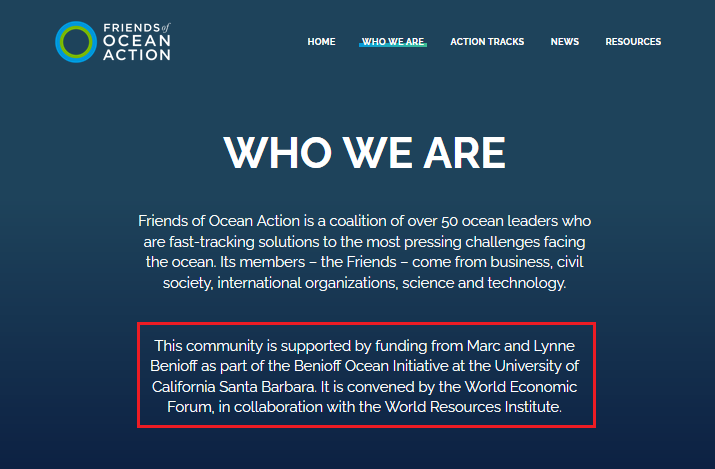
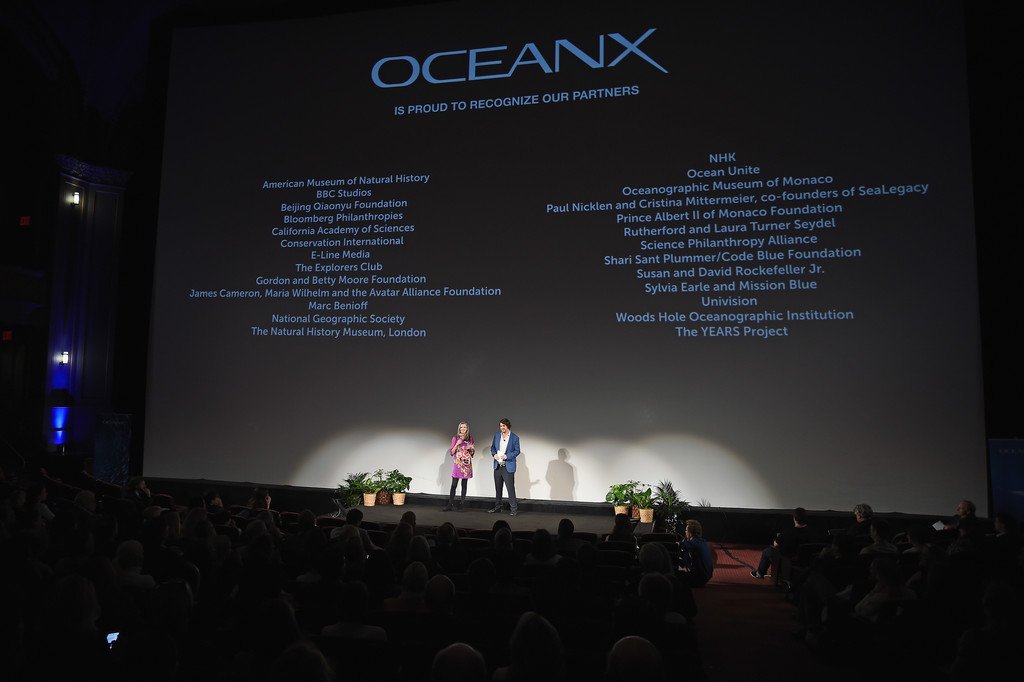












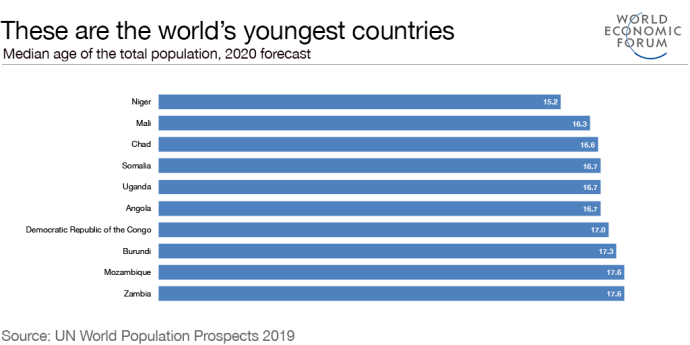














![Source: Indigenous Environmental Network [IEN]](https://i0.wp.com/www.wrongkindofgreen.org/wp-content/uploads/2020/09/IEN-Statement-on-GND-Net-Zero.png?resize=1196%2C358&ssl=1)










